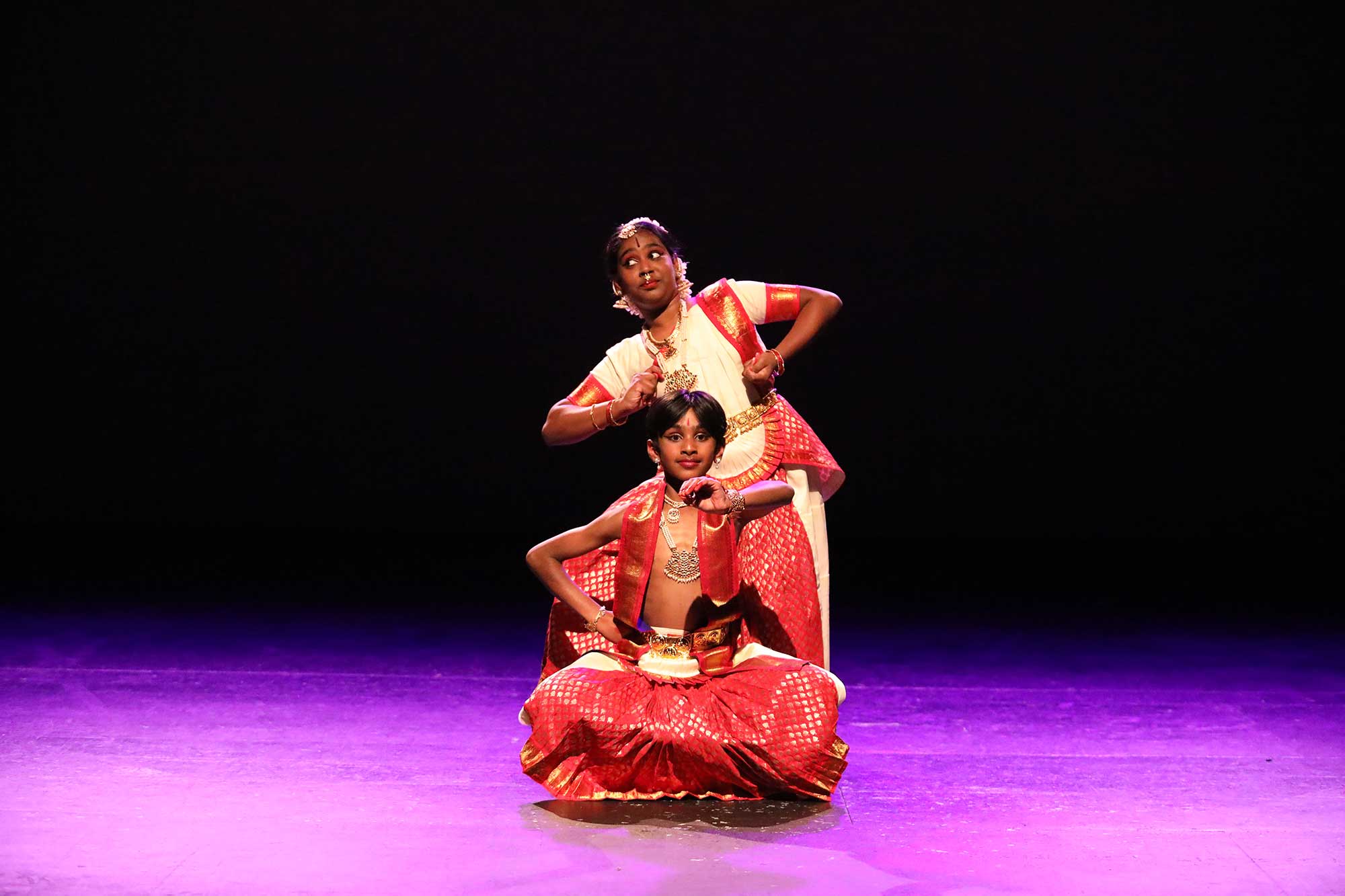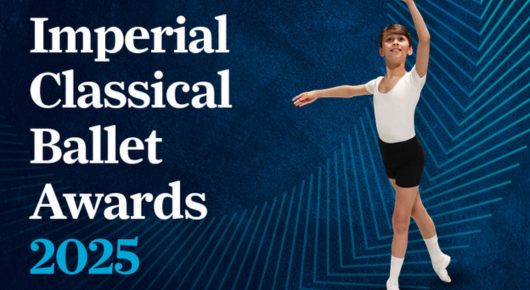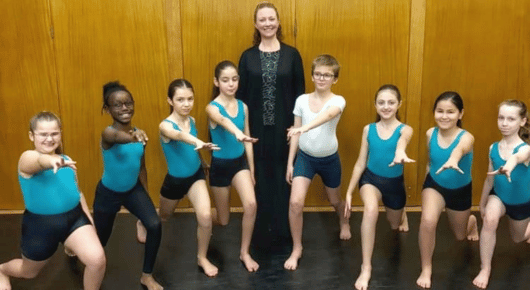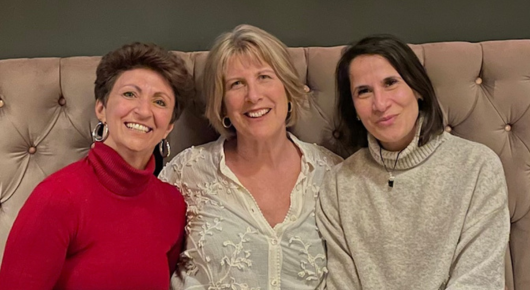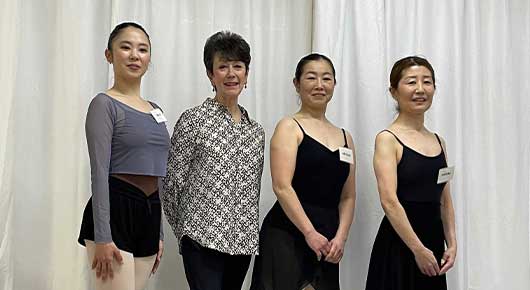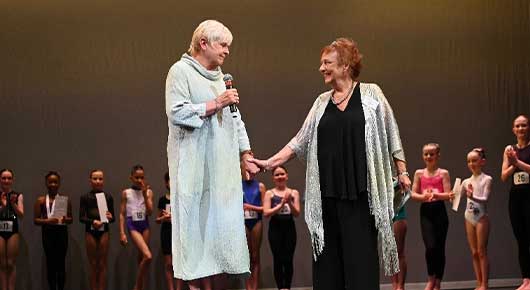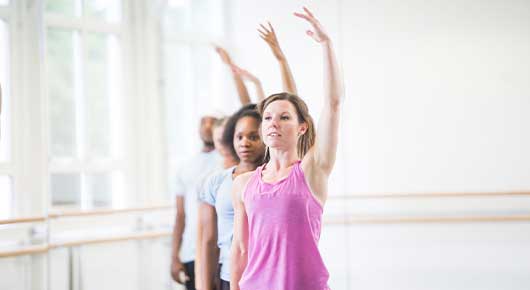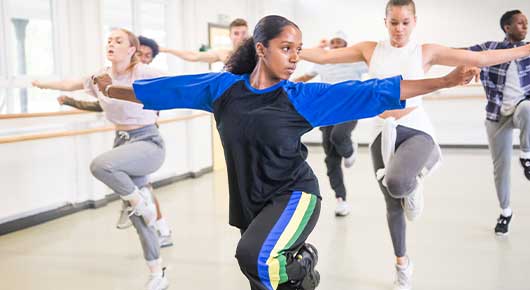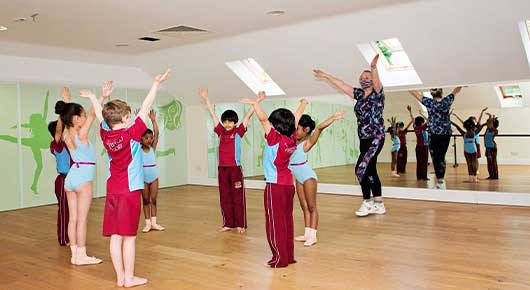18 December 2024
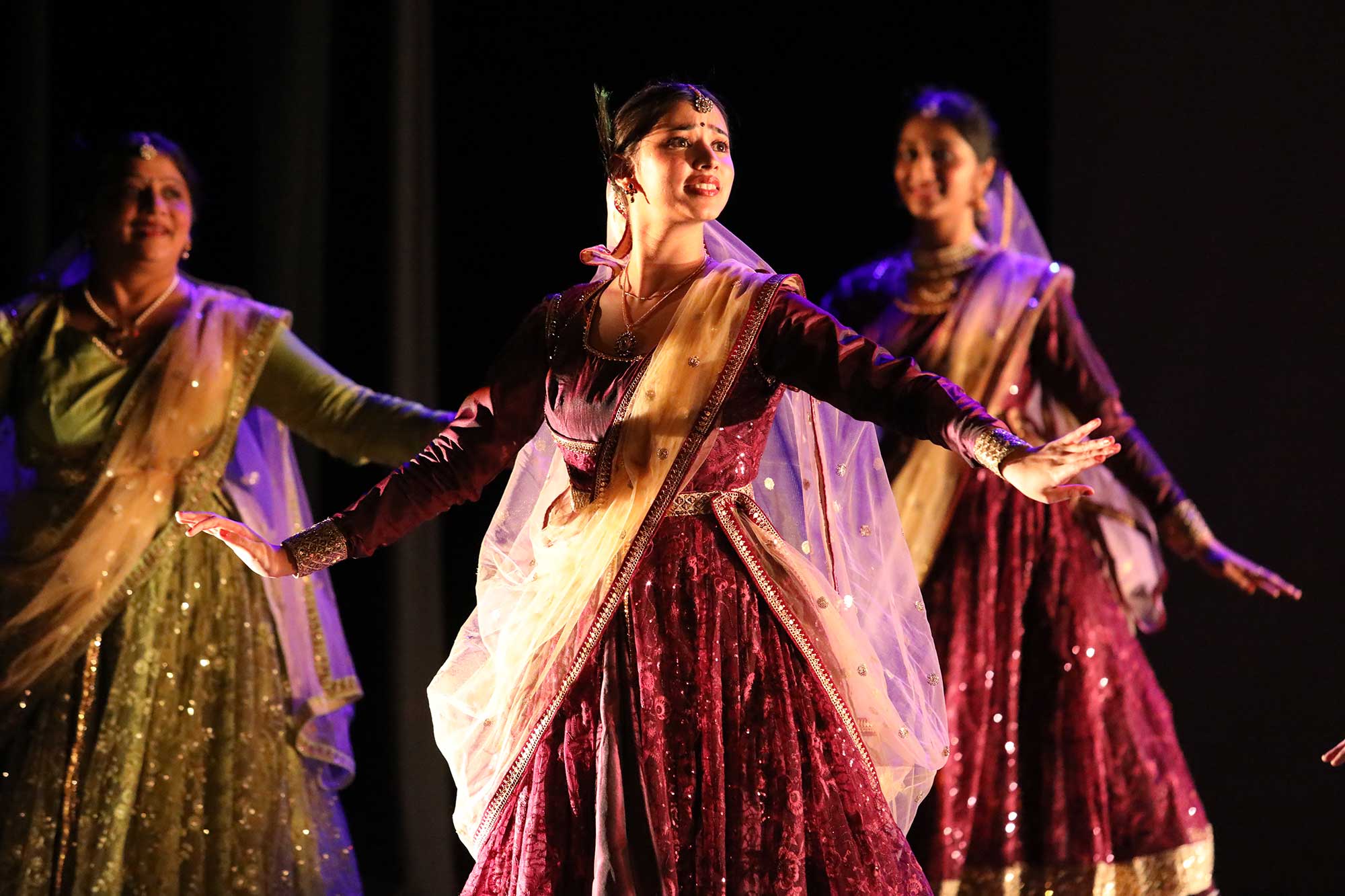
In 2009, the Classical Indian Dance Faculty celebrated its 10th anniversary with a Misrana showcase at the Queen Elizabeth Hall then at the Lowry Theatre, Salford, in 2012. Since then, our faculty has continued to bring teachers and student communities, of both Bharatanatyam and Kathak styles, together in a performance sharing. ‘ Misrana’ meaning a varied selection was thus born.
This year's event, on 6 October 2024 at The Venue MK in Milton Keynes, was the faculty’s fifth Misrana.
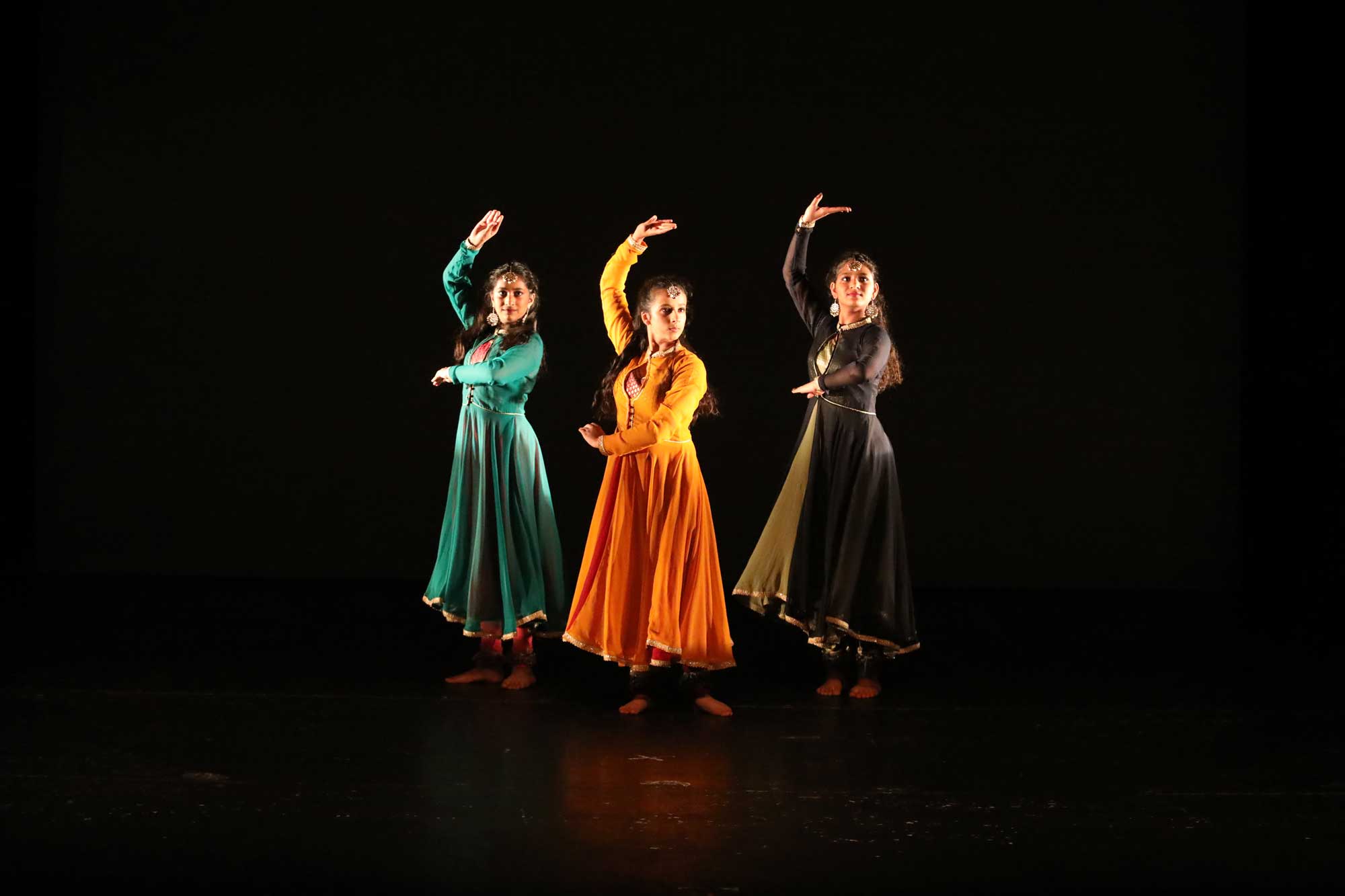
Young aspirants are presented in a theatre setting, exposed to technical and stage rehearsals, adding the experience of shared make-up rooms and above all, getting to watch performances of peer groups, and making friends along the way too! Applications were open to all ISTD member teachers without any restriction on the age of the dancers or how many pieces the teacher could hope to present, as representation, and not competition, was the focus.
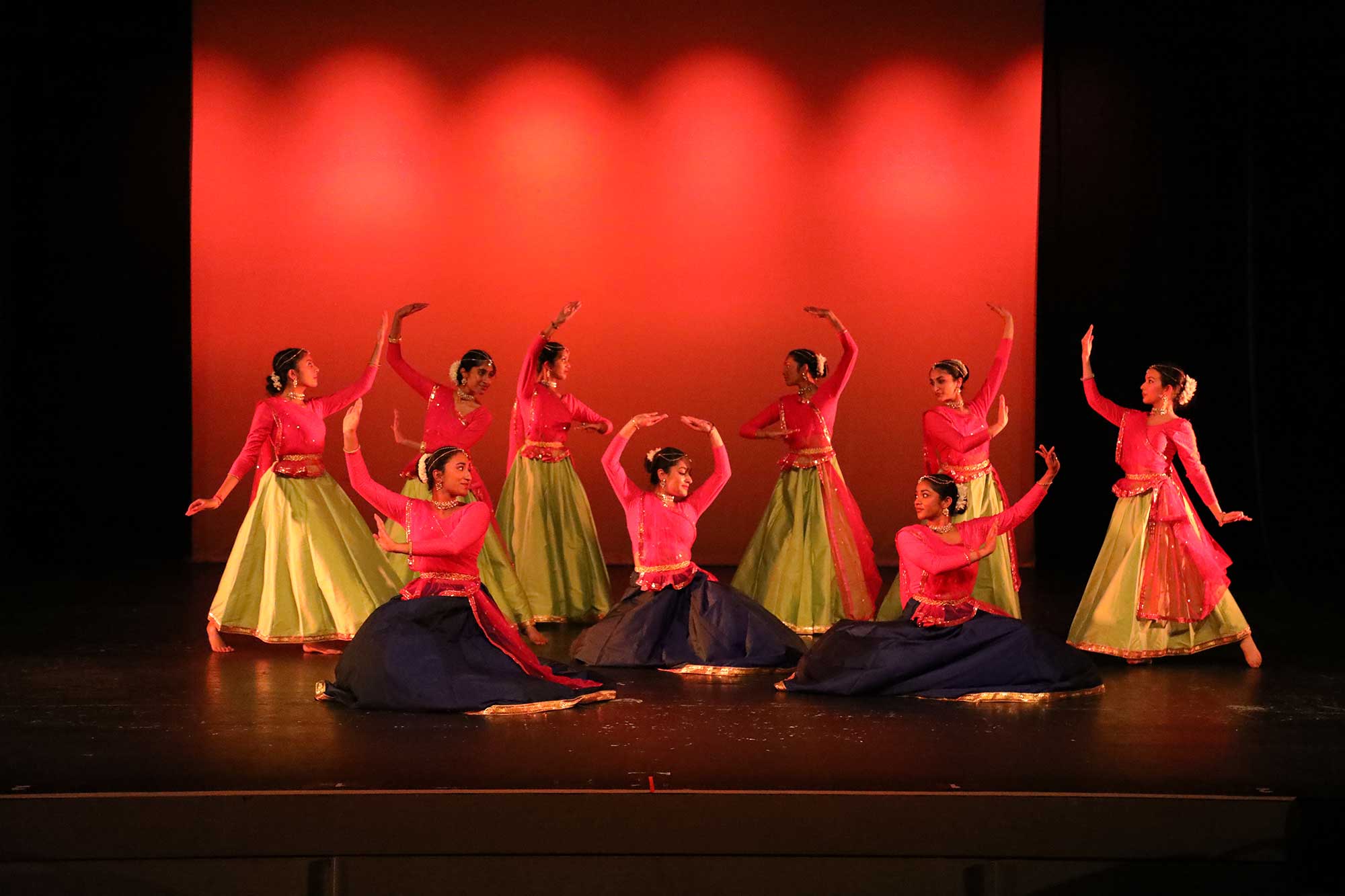
"Thank you once again for curating such a wonderful show! Hearty congratulations to the organising team and all the wonderful teachers and students!"
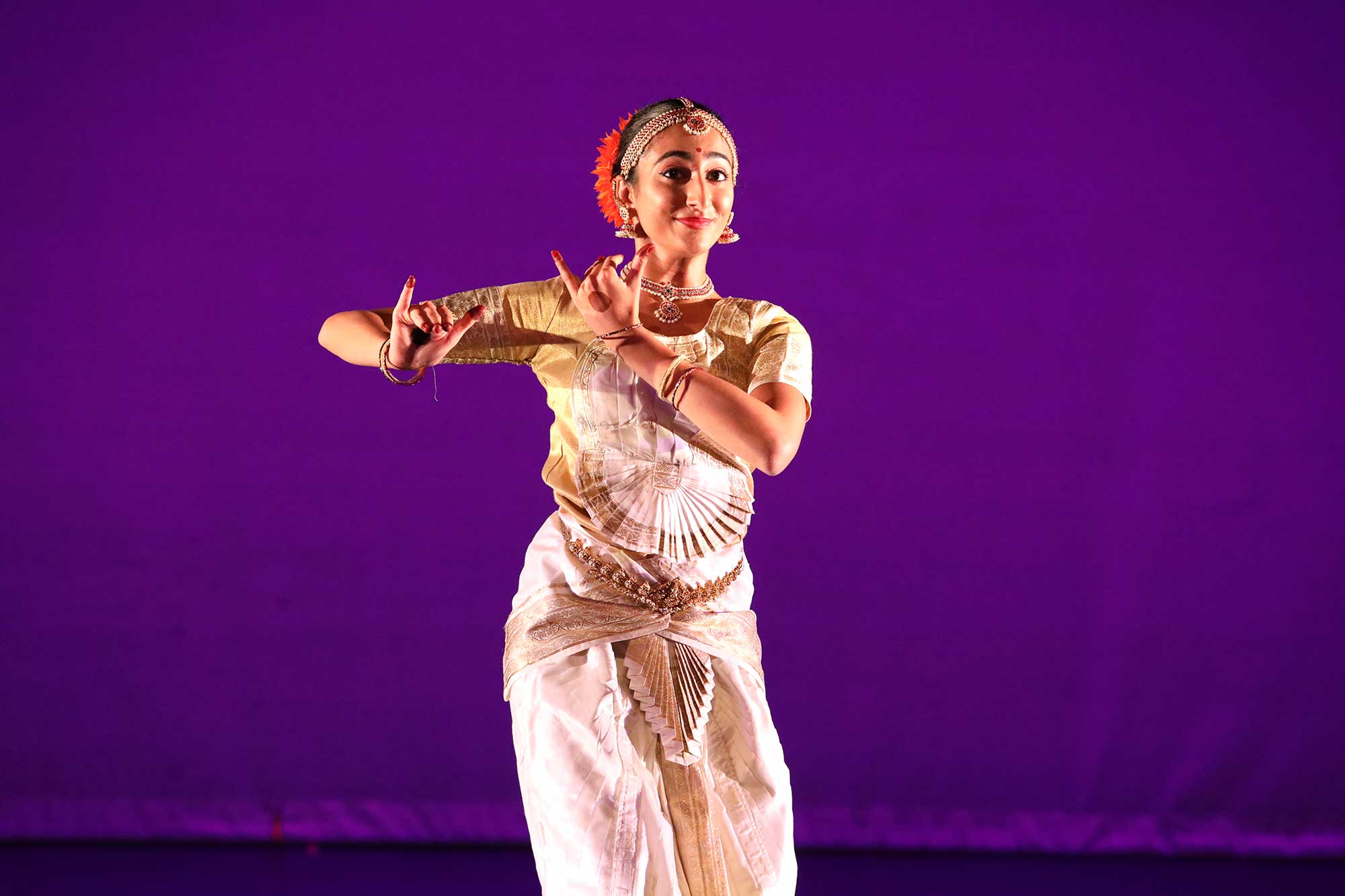
With the pieces in the Kathak style, one was able to experience different aspects of the form. Kajal Sharma’ s dances highlighted the richness of the tradition of her guru Pandit Birju Maharaj, both exemplifying the dance of the divinity Krishna.
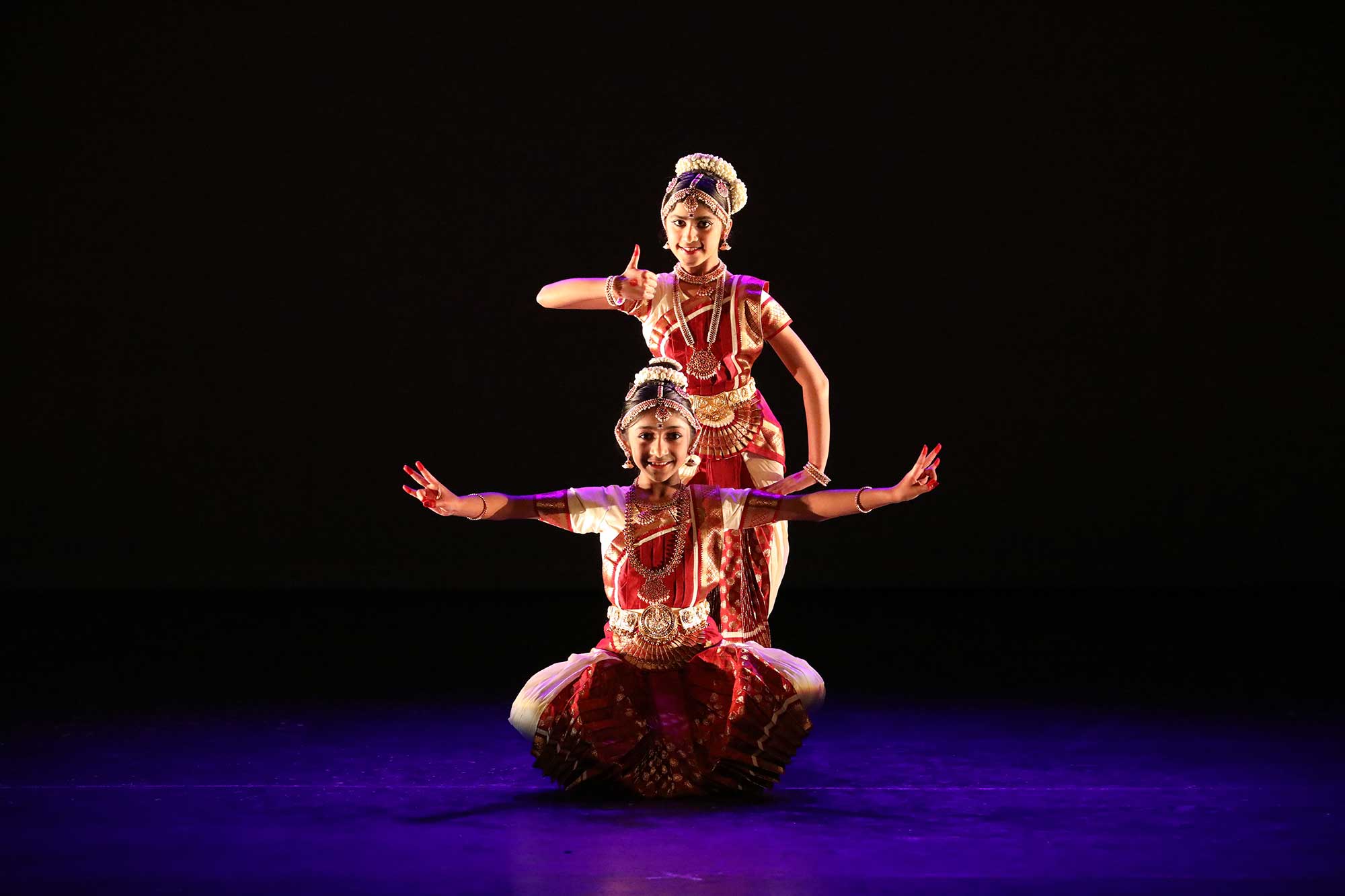
Urja Thakore’s presentation linked the woman of today in her multiple roles with that of the iconic Goddess Devi, who is the embodiment of power and nurtures humankind.
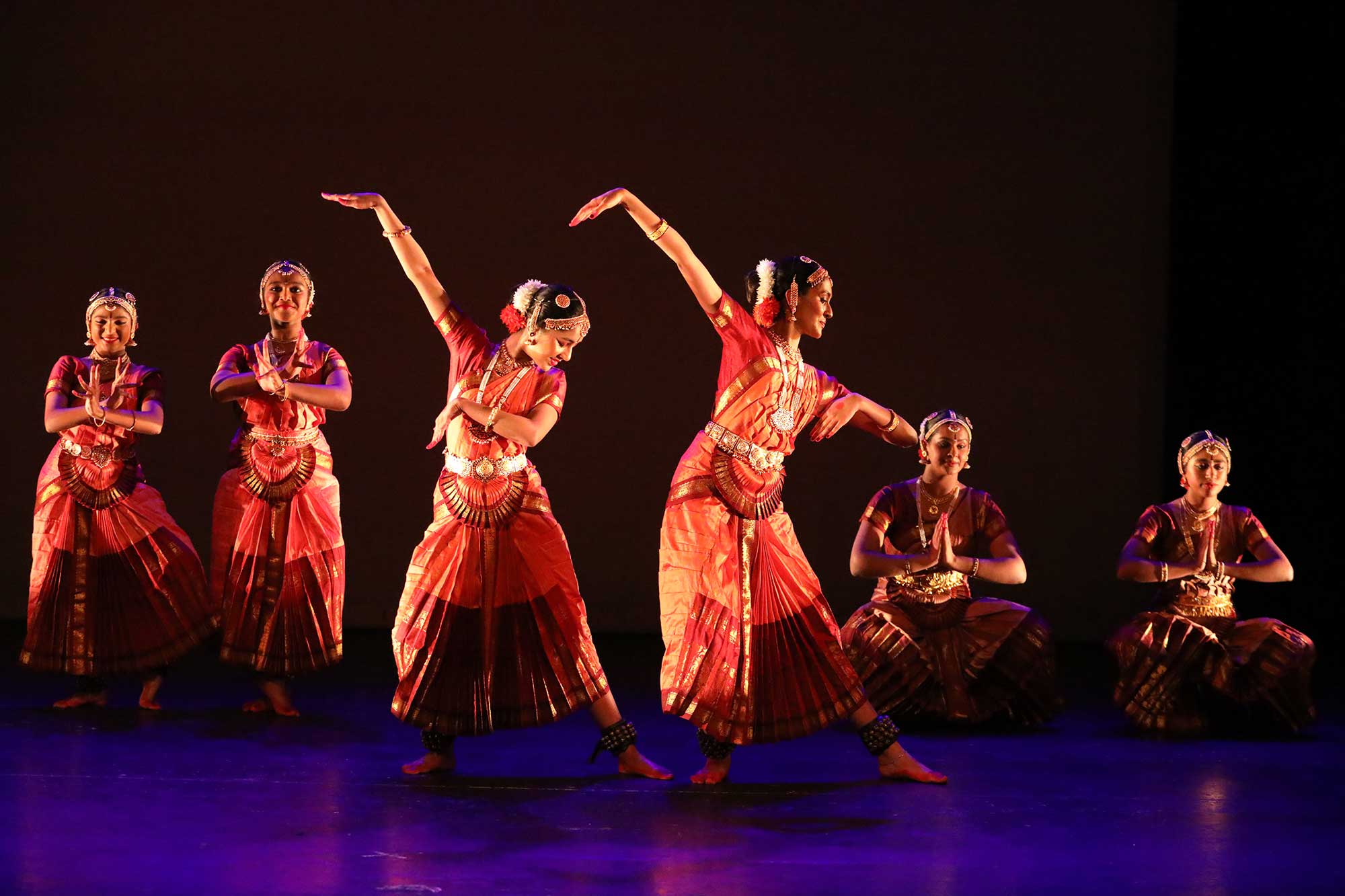
Rhythmic explorations by Dr Piyali Basu in the Dhamar of fourteen beat cycles and Anuradha Chaturvedi’s Contours led us to enjoy the spatial and rhythmic extravaganzas that are so typical of Kathak.
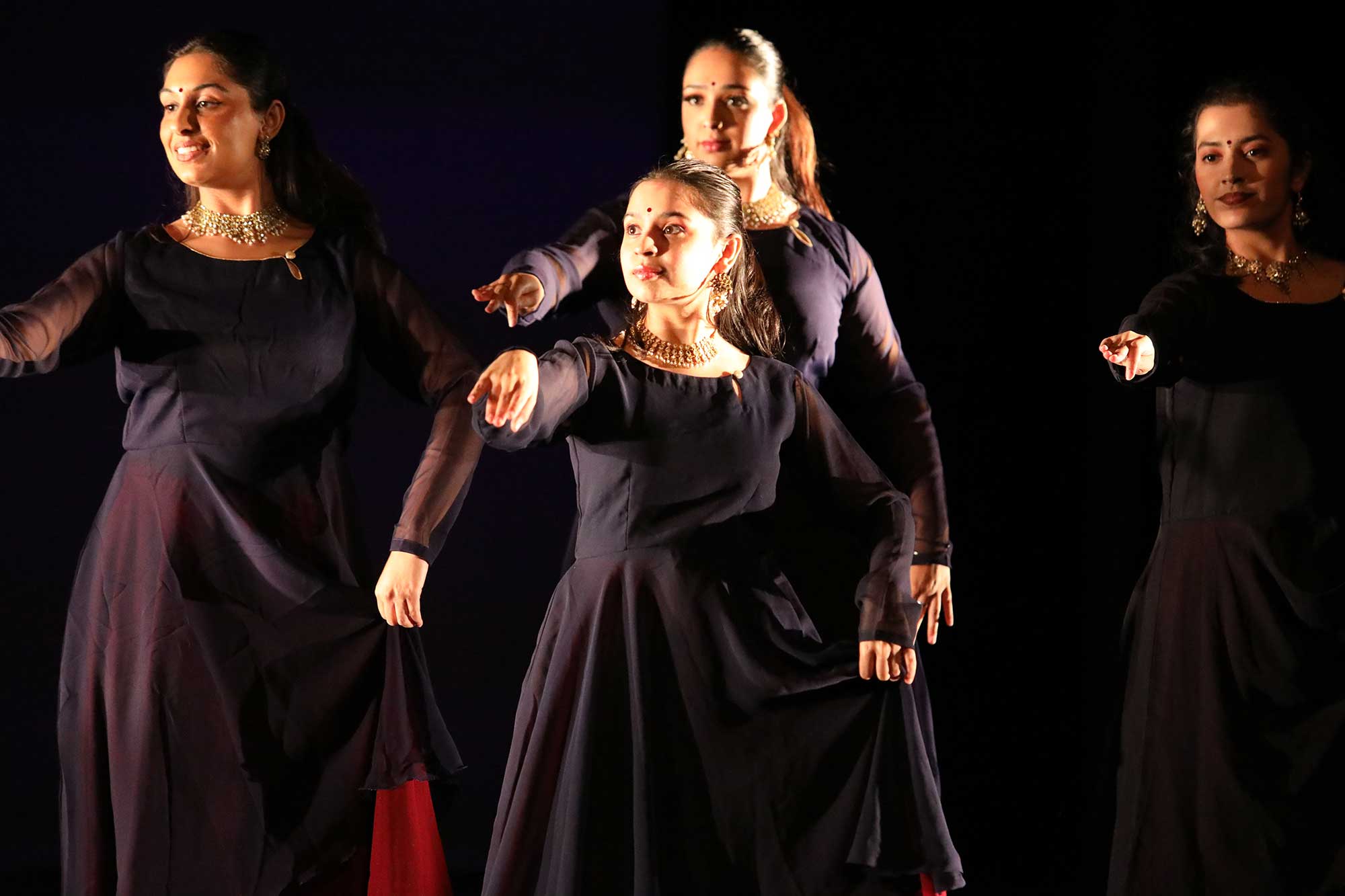
It was an important inclusion, the Kajri a solo by Avni Rao from Sujata Banerjee Company and Pranayaa, which were exploring narrative and emotive expression.
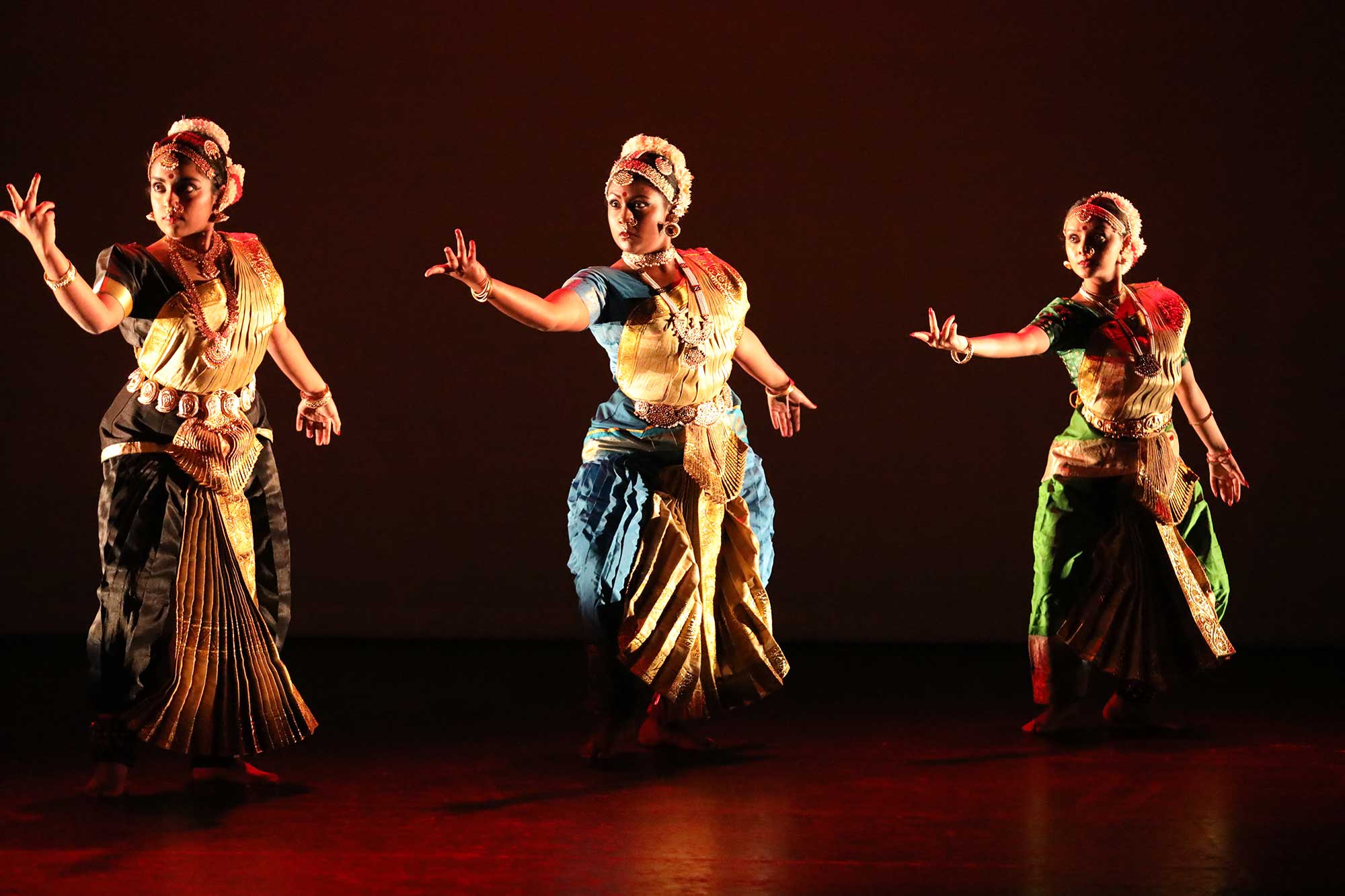
The Bharatanatyam teachers mostly chose a selection of Thillanas, some Kavittuvams and some Kirtanams, all compositions that were robust with Nritta or the pure dance aspect of Bharatanatyam. The variety in the choreography showed the individuality of approach of the choreographers.
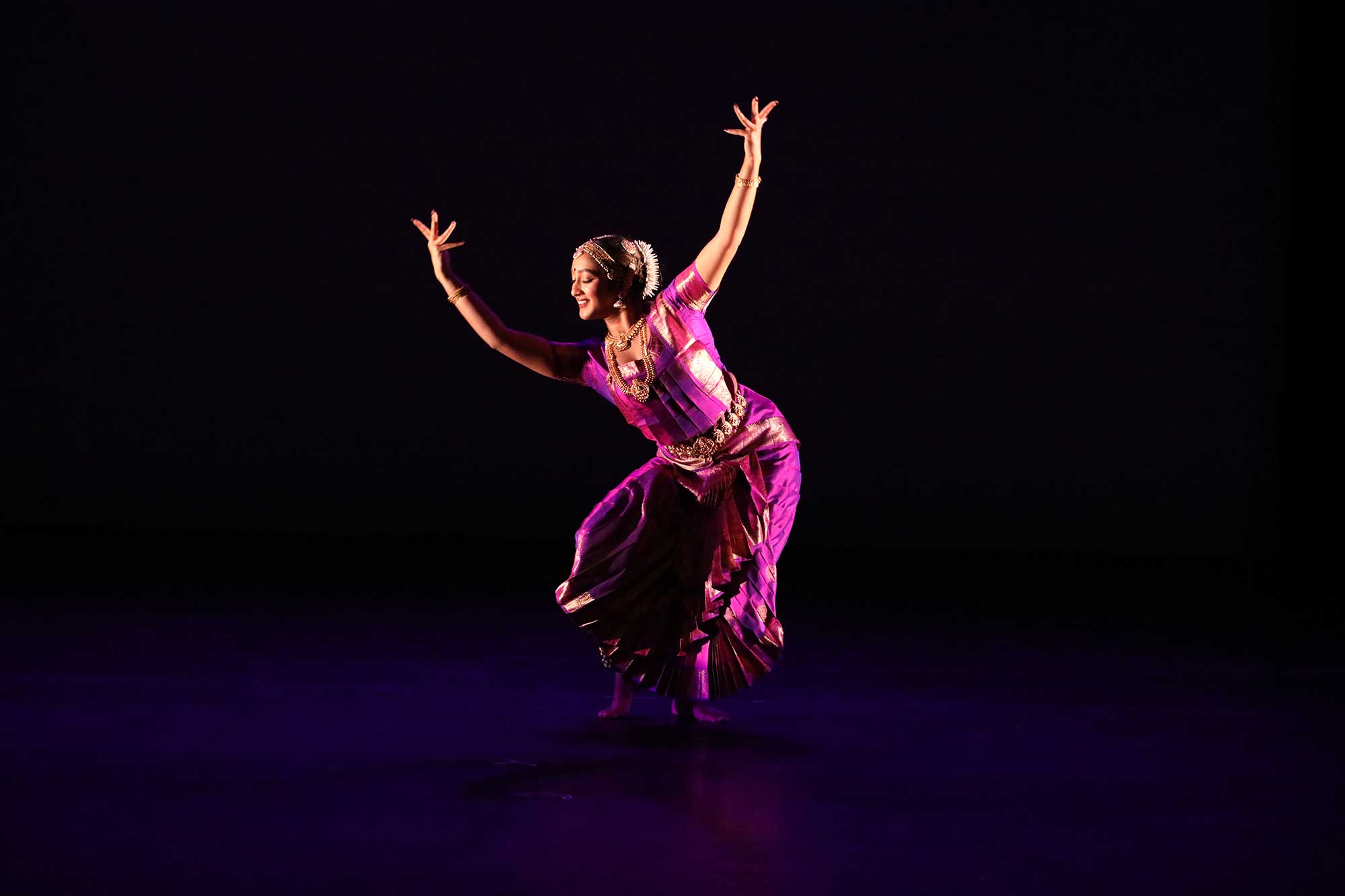
"Thank you for organising a wonderful event. It was planned very well and executed to perfection. We were happy with the time keeping and the help given to us by you all."
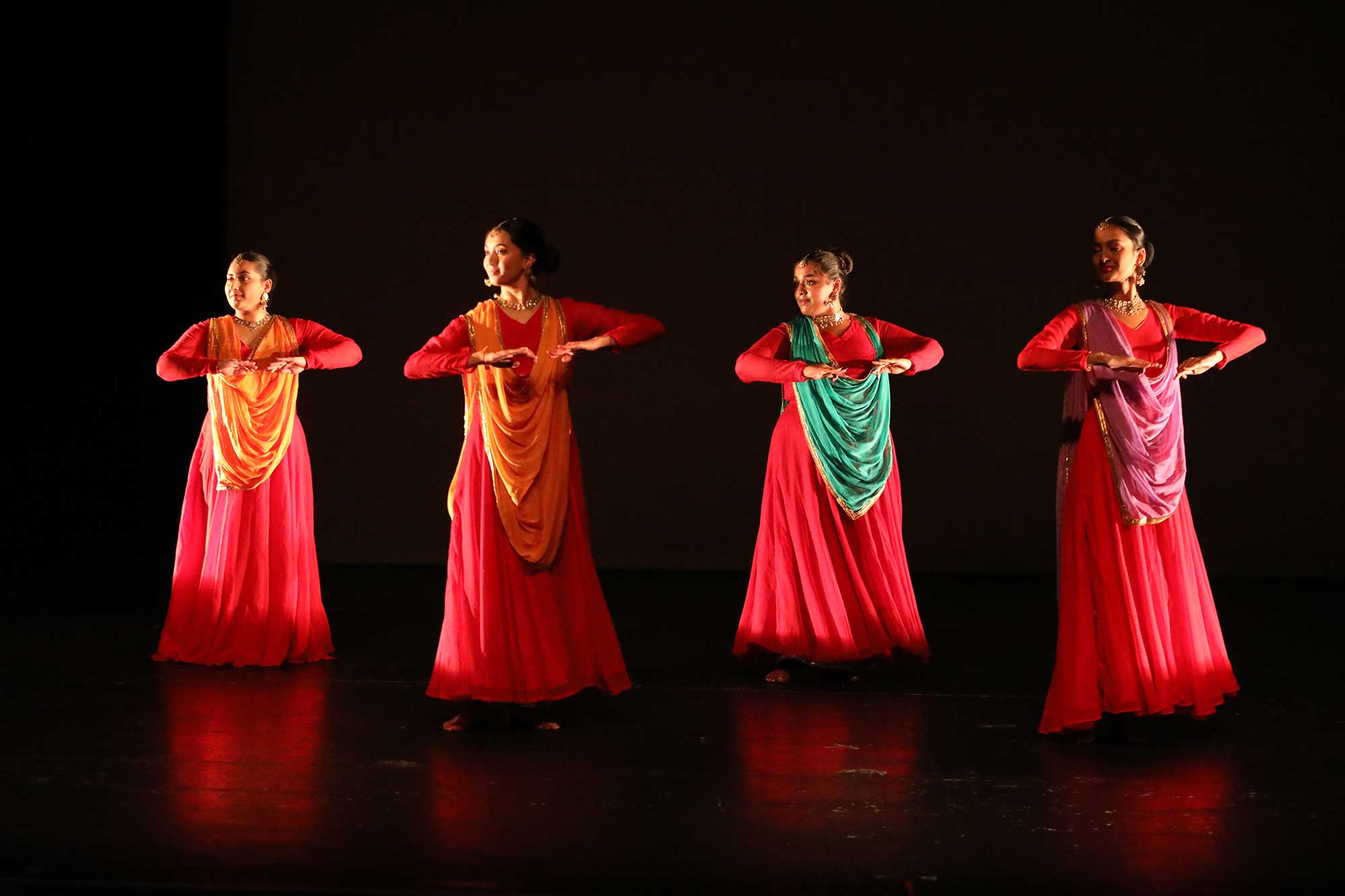
The young children who performed the Kavittuvams choreographed by Parimala Hansoge and Mihiran Mageswarani in duets were well trained and engaging. The Kirtanams presented by students of Ananya Chatterjee and Usha Rao were vibrant.
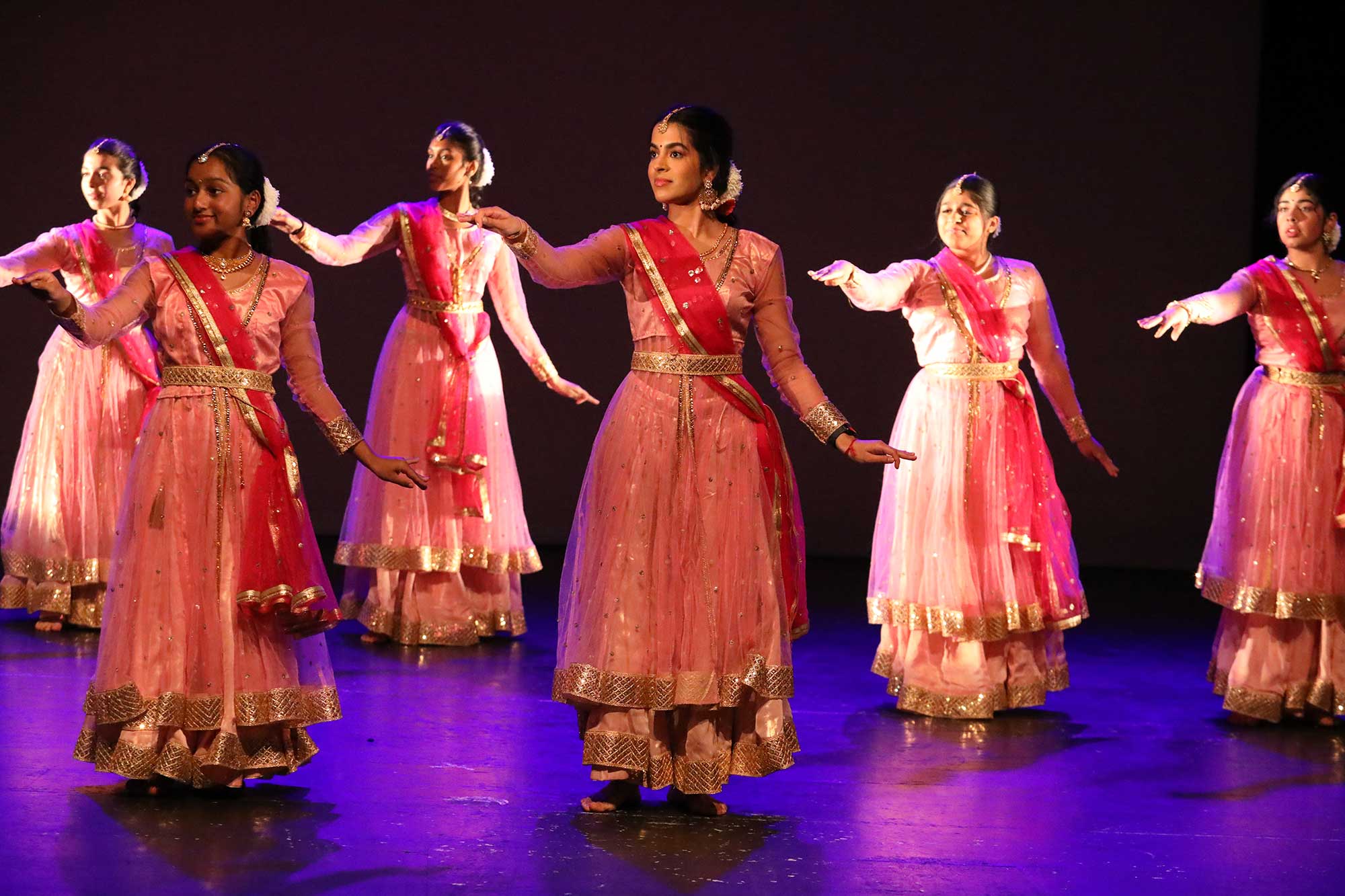
The thillanas of Swati Raut, Shalini Shivashankar, and Chitraleka Bolar were energetic, using a wide range of patterns. Again, the solo by Bursary award selection event winner Sharmila Biswas, was marked for her presentational skill.
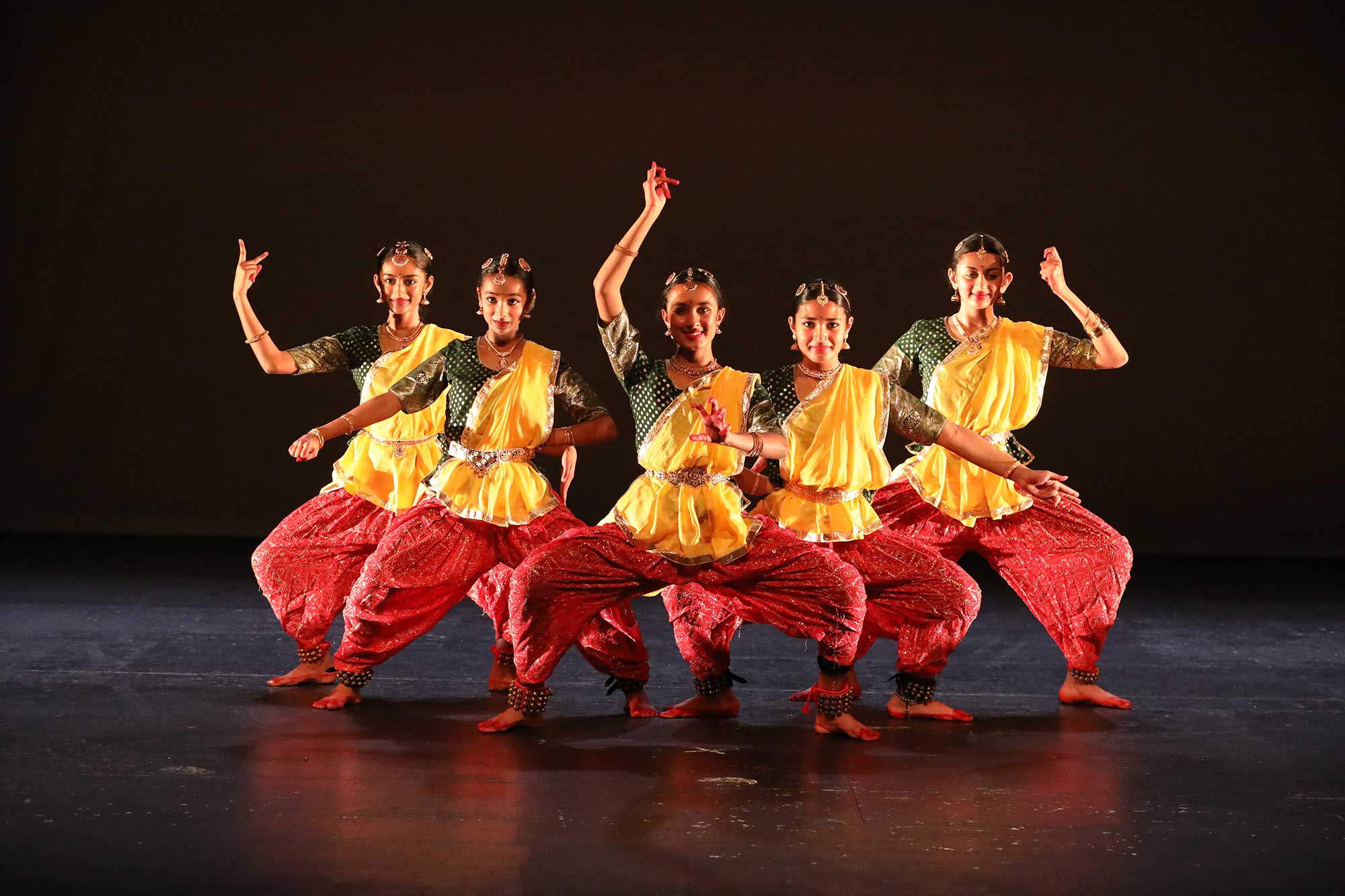
The Devi Stuti by Krishna Zivraj and the Thillana by Nina Rajarani used specially composed music for dance, in a contemporary way, where the music influenced the crafting of the pieces visually.
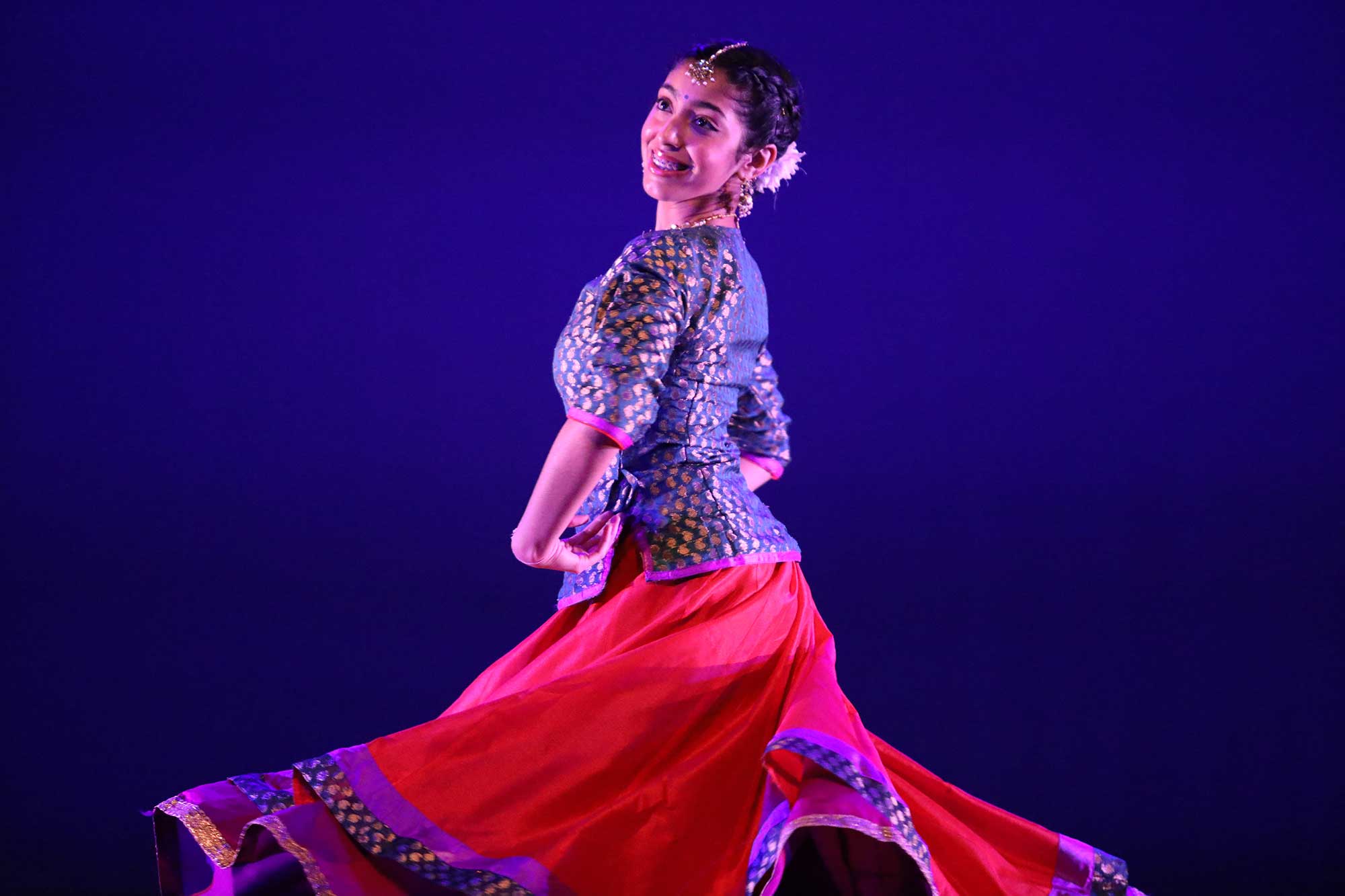
The historic change one sees is that there are so many schools, so many teachers with so much work happening in the community, country-wide today compared to every year gone. A practitioner today must feel good about having the ISTD syllabus paving the way to nurture and build on developing the young aspirant in the beautiful, time-tested nuances of their chosen art-forms.
Written by Pushkala Gopal
